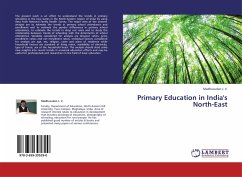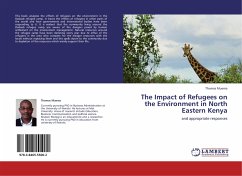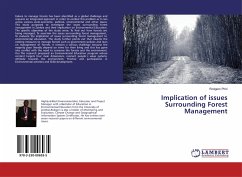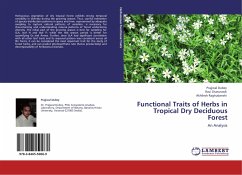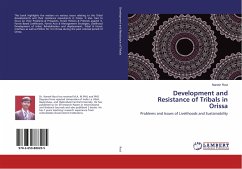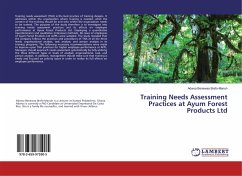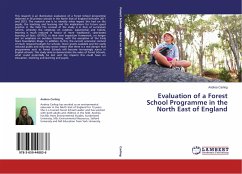
Evaluation of a Forest School Programme in the North East of England
Versandkostenfrei!
Versandfertig in 6-10 Tagen
40,99 €
inkl. MwSt.

PAYBACK Punkte
20 °P sammeln!
This research is an illuminative evaluation of a Forest School programme delivered in 36 primary schools in the North East of England between 2011 and 2013. The research aim is to identify what impact this had on the pupils, the teaching and learning and the implications for future good practice in the field. The context of the study is in that of curriculum reform, whereby the emphasis on outdoor, experiential and holistic learning is much reduced in favour of more 'traditional', class-based learning of facts. OFSTED, in their new inspection framework, no longer put an emphasis on outdoor lea...
This research is an illuminative evaluation of a Forest School programme delivered in 36 primary schools in the North East of England between 2011 and 2013. The research aim is to identify what impact this had on the pupils, the teaching and learning and the implications for future good practice in the field. The context of the study is in that of curriculum reform, whereby the emphasis on outdoor, experiential and holistic learning is much reduced in favour of more 'traditional', class-based learning of facts. OFSTED, in their new inspection framework, no longer put an emphasis on outdoor learning, with the exception of the Early Years Foundation Stage. In addition to this, the current economic context of much reduced budgets for schools, fewer grants available and the vastly reduced public and voluntary sector means that there is a real danger that programmes such as Forest Schools will become increasingly scarce in English schools. This study aims to demonstrate the value of Forest Schools, what could potentially be lost and the impacts this could have on education, teaching and learning and pupils.



